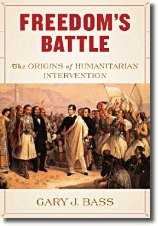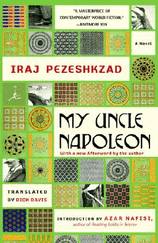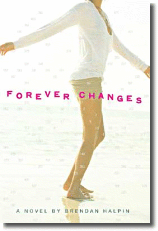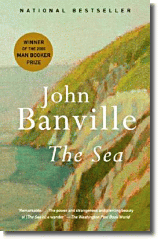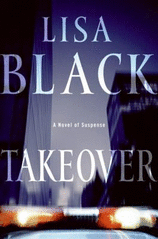
The author's entry begins:
When Stuff To Die For was released in 2007, we shot a 2 minute trailer using young actors from Miami. They were excellent, and if I were to make the movie for the new book, Stuff Dreams Are Made Of, I'd probably recast those characters. (You can see the movie at my site and at You Tube) However, there are two young actors who would be perfect for the roles of James Lessor and Skip Moore. Chace Crawford would be the perfect James, a brash, give a damn kind of 24 year old who is always getting his friend in trouble. Chace can be seen as a series regular in Gossip Girl on the CW channel.Don Bruns is the author of three Caribbean mysteries, Stuff To Die For, and its sequel, Stuff Dreams Are Made Of.
James' best friend and partner in trouble is Skip Moore. I liken the character to....[read on]
Among the praise for Stuff Dreams Are Made Of:
"Bruns maintains a narrative tone that would have done Huck Finn proud in this combination Andy Hardy adventure and hard-boiled thriller."The Page 99 Test: Stuff to Die For.
—Booklist
"Don Bruns's Stuff Dreams Are Made Of is a delightfully sinful sequel to his award-winning Stuff To Die For."
—Deadly Pleasures
My Book, The Movie: Stuff Dreams Are Made Of.
--Marshal Zeringue
